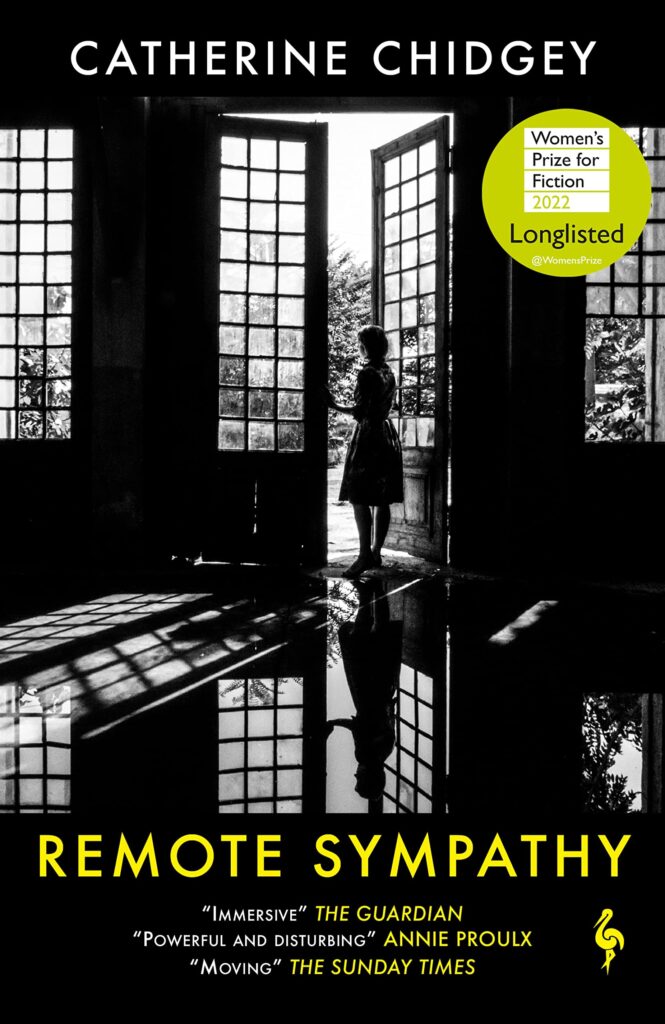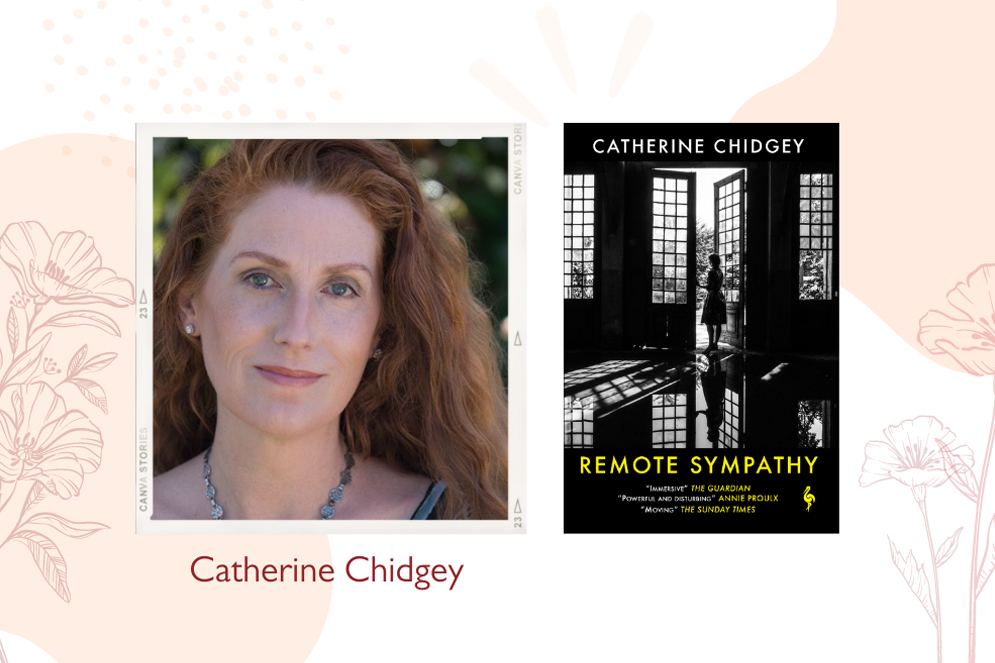Meet Catherine Chidgey, author of the Women’s Prize 2022 longlisted novel Remote Sympathy.
Author Sylvia Nasar called it “one of the most original, brave and profound explorations of the darkest recesses of the human heart I have ever read.”
So was it difficult to tackle such an emotive and dark subject? We grabbed a quick five minutes with the author to find out more about the book and its inspiration.
Describe in three words how it feels to be longlisted for the 2022 Women’s Prize for Fiction.
I am thunderstruck, elated, proud. (That is five words, though.)
What inspired you to write Remote Sympathy?
When I was at university in Berlin in the mid-1990s our professor took a group of us to Buchenwald, where we stayed overnight in the former SS barracks. I saw just how close the camp was to the revered old cultural town of Weimar – and I saw the stump of the famous ‘Goethe oak’ at the heart of the camp, where the poet is said to have sat and written. For years I thought about that tension between proximity and distance; the fact that the sacred tree was spared when the camp was built; the fact that the citizens of Weimar distanced themselves from the horrors unfolding on their doorstep. Then, when I was researching my previous novel The Wish Child, I read about electrotherapy in the early twentieth century, and the idea for Remote Sympathy came to me fully formed, including my German doctor’s cancer treatment machine. I also saw pictures of the celebrated Transparent Man – a model of the human body displayed in Dresden in 1930 – and I knew he too belonged in my book.

Can you describe Remote Sympathy in one sentence?
A German doctor, imprisoned at Buchenwald, must convince a powerful SS officer that he can cure his dying wife of cancer in order to save himself and his family.
Are there any locations that have a special connection for the book?
Buchenwald, of course, and the libraries and archives that so patiently answered my many research questions. Berlin, too; I lived there for three years in the 1990s and the place got under my skin. I miss it very much. I deeply admire the way the German people have engaged with their difficult history – the way they are unafraid to look it in the face.
What was the first thing you ever wrote?
A poem for my mother about not buying sweets with the change from an errand I did for her. I was about eight. (It was the 1970s. Children walked to the shops on their own.) The last line is ‘I was glad Mum could trust me – I did not feel alone’… and that is quite enough of that particular work to be sharing!
Why did you become a writer?
To entertain and to move. To get the story out of my system (and into someone else’s) so it will allow me some peace. To try to capture an eloquence that eludes me when I open my mouth. Because I am endlessly fascinated by this strange, elaborate, imperfect, beautiful machine we call language.








